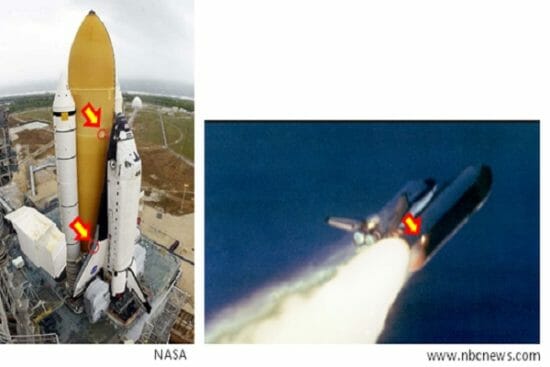E – 1865 Engineering Ethics: The Cases of Challenger and Columbia Shuttle Disasters; “Hold Safety Paramount” to Prevent Loss of Life
$75.00
Courses Included
In modern times, by using government-mandated standard codes and specifications in the design of engineered structures, machines, and systems, engineers have been able to create safe and yet economical products. However, in relatively rare but tragic cases, the structures and machines designed by engineers have failed, resulting in the death and injuries to the unsuspecting public. The question is why, even after following the governing design and construction codes and standards, such failures occur? In most of these failure cases, if not in all of them, the cause is the violations of the Code of Ethics, especially its first canon that states: engineers should “Hold Safety Paramount.”
This course presents a summary of the Code of Ethics for Engineers focusing on safety-related provisions, followed by a discussion of how engineers and managers can work together to hold safety paramount in every step of the project. Then the course discusses the tools that are available to engineers, including whistle-blowing, to prevent safety-related disasters. The tragic explosion of the Shuttle Challenger during the launch, and the tragic disintegration of the Shuttle Columbia during the re-entry to the earth’s atmosphere will be used to show how not “holding safety paramount” by engineers and their managers resulted in the tragic failures and loss of lives of 13 astronauts and one teacher.






